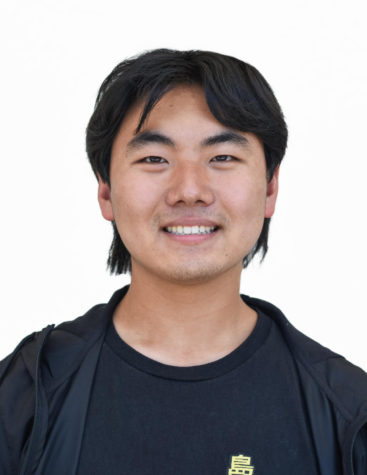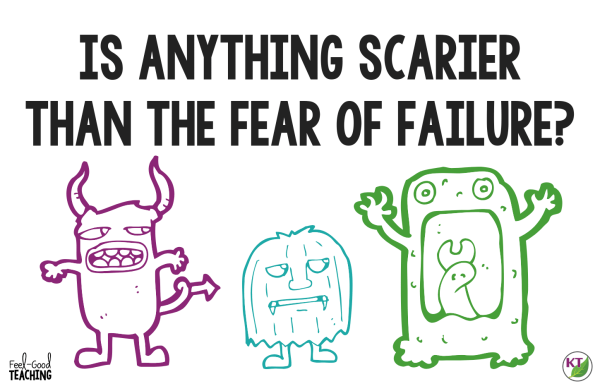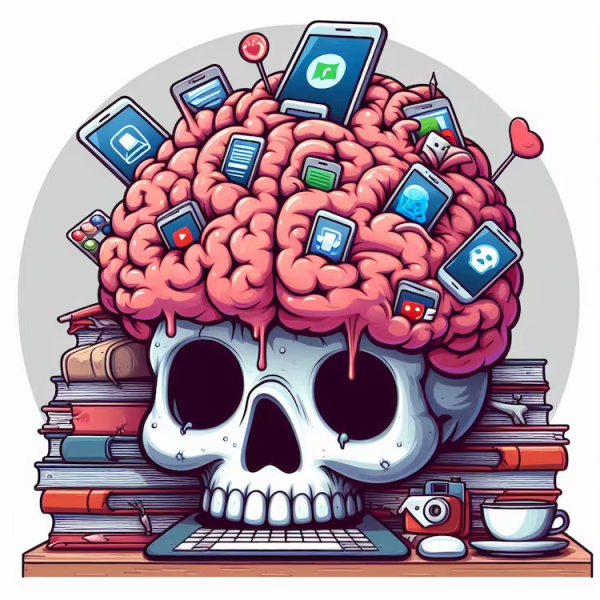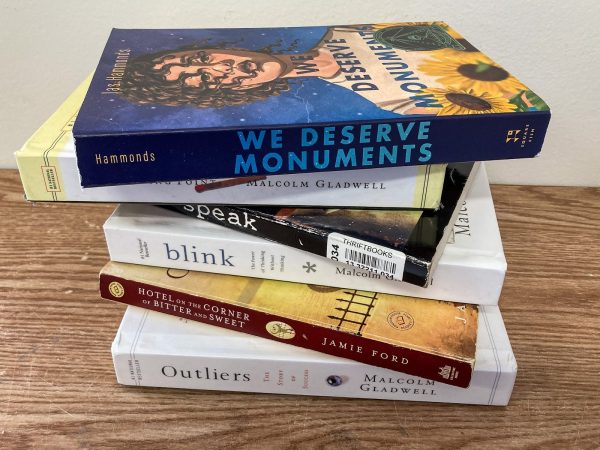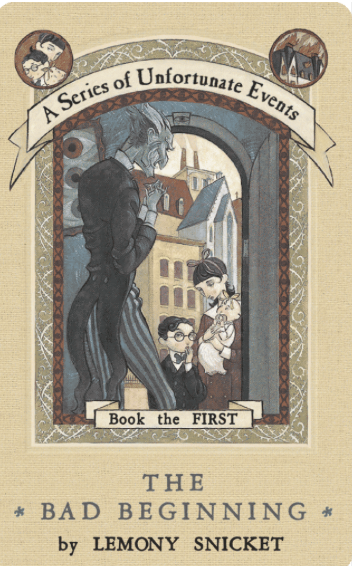Is ChatGPT Taking Over English Classes?

Art/Photo by Westley Kim
ChatGPT is advanced by the standards of modern AI. However, its formulaic style is a main drawback, especially in English classes, where writing ability is meant to be cultivated by students.
On Nov. 20, the San Francisco based company, OpenAI, created a language AI software called ChatGPT (Generative Pre-trained Transformer). The software boosted in popularity, reaching 13 million unique users per day. The AI is known for being so advanced that concerns have arisen of it possibly overtaking the education system, specifically English classes. ChayGPT and other similar softwares have begun to make their way into the lives of West High students.
ChatGPT was made by the company OpenAI, who were previously known for creating the digital art software DALL-E 2. Intended to answer user prompts and participate in humanlike conversations, ChatGPT is based on neural network architecture, which allows it to understand natural diction and generate thorough responses. Users only need to create an account in order to talk to the chatbox, fueling its popularity; the software had reached one million users after the fifth day launched.
To see what ChatGPT itself had to say, we typed in a series of questions for the AI to answer. When asked about the differences between ChatGPT and other software devices such as Siri and Alexa, the chatbox responded that other softwares “have a limited set of functions and [are] designed to primarily perform tasks and answer questions, whereas [ChatGPT is] designed to have more general conversational abilities and can engage in a wider range of discussions.” ChatGPT’s quick and easy answers have opened the gateway for the software to be used to “cheat” in different scenarios. OpenAI, the company who developed ChatGPT, stated that they are “developing mitigations to help anyone identify text generated by that system,” as reported by The Sentinel Record.
English teacher Mr. Cheung believes that the software shouldn’t arouse too much concern. Chueng feels that although ChatGPT is a massive development for technology and could even “revolutionize the business role” from monetization, its current iteration isn’t strong enough to sound completely human-like. “The writing is very mechanical, very robotic, and not specific,” stated Cheung. ChatGPT lacks “the element of a soul,” and for that reason, it cannot exactly replicate human writing. He sees ChatGPT as a tool, similar to Google, whose purpose is up to the individual. “We can use it for good or for evil,” he warned. In mid February, Cheung gave a two-day lecture on cheating and plagiarism in his AP Language and Composition classes in response to recent use of artificial intelligence sources to cheat on essay papers.
When asked about the possibility of evil uses of the software, ChatGPT replied, “Ultimately, the use and development of AI will depend on the choices that humans make, and it will be up to us to ensure it is used for the betterment of society.” It also assured that there are also “many ethical and technical safeguards in place to prevent it from being used in harmful ways.”
Experienced writer Yuhan Jia (11) also believes that the software will not be able to take over literature learning. “The problem is, a human writer has access to an entire toolkit of strategies, vocabulary, and skill sets that can vastly outperform ChatGPT,” expressed Jia when experimenting with the software.
Jia is one of Mr. Cheung’s AP Lang students, and was present for his cheating lecture. In the demonstration, Cheung displayed seven different rhetorical papers analyzing Henry David Thoreau’s Battle of the Ants. Two of the papers were written by students, while five were written by AI. The students analyzed the usage of rhetorical reasoning and evidence in each. Jia said that once the identities of the papers’ authors were revealed, he noticed that the AI “could write a good thesis, but it had difficulties citing specific supporting evidence as well as establishing a line of coherent reasoning.”
Jia believes that AI will merely stay a tool for the majority of his generation: “Writing is a communication of ideas. Mankind, and more recently machines, are both capable of doing this. But not equally.” Nevertheless, “we should all exercise a little caution in relying on putative AI miracle workers to do all of our tasks for us,” as to not let machinery take over our responsibilities – both inside and outside of English class.

